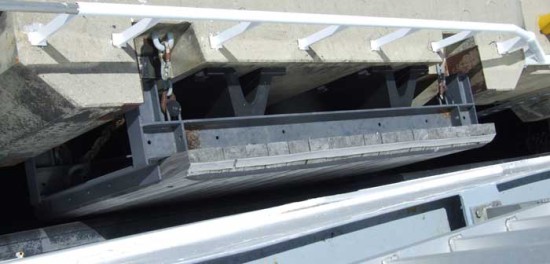To the Expositor:
We have all heard the announcement that the Chi-Cheemaun will soon sail again. My thanks to all those who worked, and continue to work, to get our ferry service restored. As good as this news is, there are still storm clouds on the horizon which continue to threaten the Chi-Cheemaun. I feel we need ongoing action to protect our ferry from these continuing risks.
The ferry has been operating in a financial deficit as long as I can remember, subsidized by the province and our tax dollars. With Ontario now declared a “have not” province, with our $13 billion annual deficit for the province, and one of the highest debt to GDP ratios in Canada, we can ill afford to continue this type of subsidy, neither the Chi-Cheemaun, nor other areas. We need to live within our ability to pay.
Others have already paid the price for not heeding financial realities. Since 2007, the Nova Scotia government has subsidized their Yarmouth ferry to a total of $18.9 million, and the ferry company wanted another $6 million subsidy for the 2010 season. In April 2010, Yarmouth Nova Scotia lost their ferry to Maine, as the province could not longer continue funding it. Just because there has been regularly scheduled commercial shipping and passenger service from before the 1867 Confederation didn’t save this ferry service.
A similar fate has already occurred for Ontario Northland rail service. If we are reckless, the same could soon happen to the Chi-Cheemaun.
I believe we all need to work together to strengthen the Chi-Cheemaun. OSTC needs to make some tough decisions, and develop some innovative solutions. Travel and tourism is down everywhere, but the Chi-Cheemaun is down even more than that general trend. The consultant’s report shows that this decline has been going on since 1991. It’s about time that we face this reality, and make the necessary changes to strengthen our ferry even more, and save it from extinction. The ferry competes mainly on time and money. The ferry must be both cheaper and faster than driving around, or it will (and should) die. OSTC has the primary responsibility to achieve this goal. Will OSTC make the necessary changes?
I believe OSTC must do everything in their power to meet the needs of prospective ferry customers, even if these changes are inconvenient for the crew, OSTC management, or the provincial government.
One of the biggest issues is that the Chi-Cheemaun has a very limited season, just six months. During four of those months, the ferry is too large for the current demand (May, June, September and October). For the prime season of July and August, the ferry is too small, as people are left on the dock, or don’t even bother trying to get on due to the limited available sailings.
One option is a small, all-season hovercraft that can travel over the winter ice. Hovercrafts generally travel at twice the speed and use 1/3 of the diesel fuel as compared to surface ships like the Chi-Cheemaun.
I suggest a hovercraft that is “right sized,” carrying a maximum of 12 cars, or the equivalent in transport trucks or buses. It would operate all through the year, delaying the spring arrival of the Chi-Cheemaun until it can be fully utilized. The extra profits generated by the year-round hovercraft service can be used to subsidize the much more expensive Chi-Cheemaun ferry. Since a hovercraft skims over the surface of either water or land, they are not affected by low water levels, and need no docking systems.
Assuming we solve the low water issue, it may be economical to eventually replace the Chi-Cheemaun with a high-speed catamaran ferry that runs faster and cheaper than a traditional ferry. If we don’t solve the low water levels soon, the hovercraft can continue past the point that the Chi-Cheemaun, or any other surface ship, would run aground. We protect our Island economy by a hovercraft adding diversity to our ferry services.
Assuming that OSTC is willing and able to make the necessary changes, all we need now are the repairs to the St. Clair River, and a solution for the global climate change that is stealing our precious water from the Great Lakes.
Glenn Black Providence Bay




